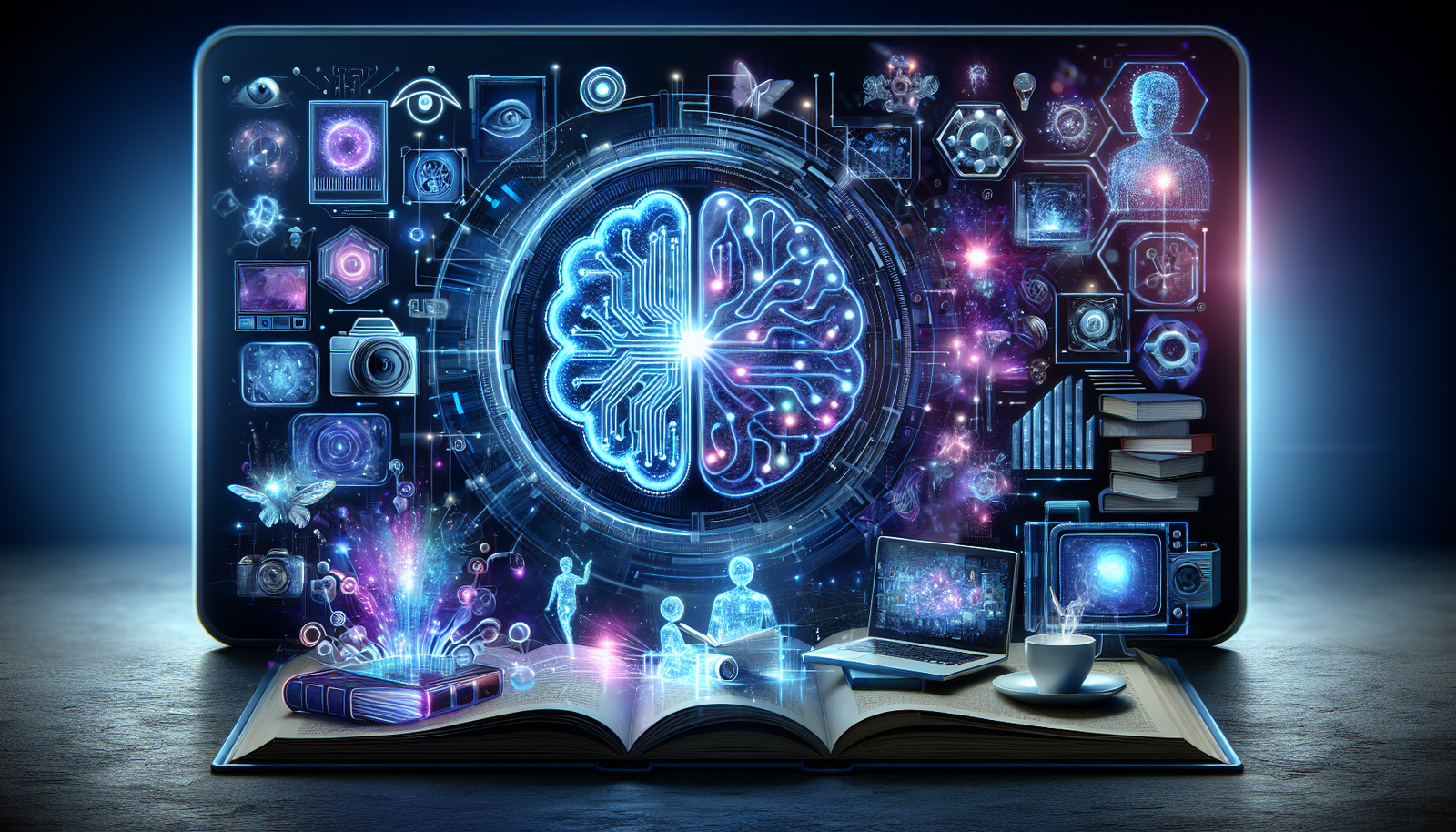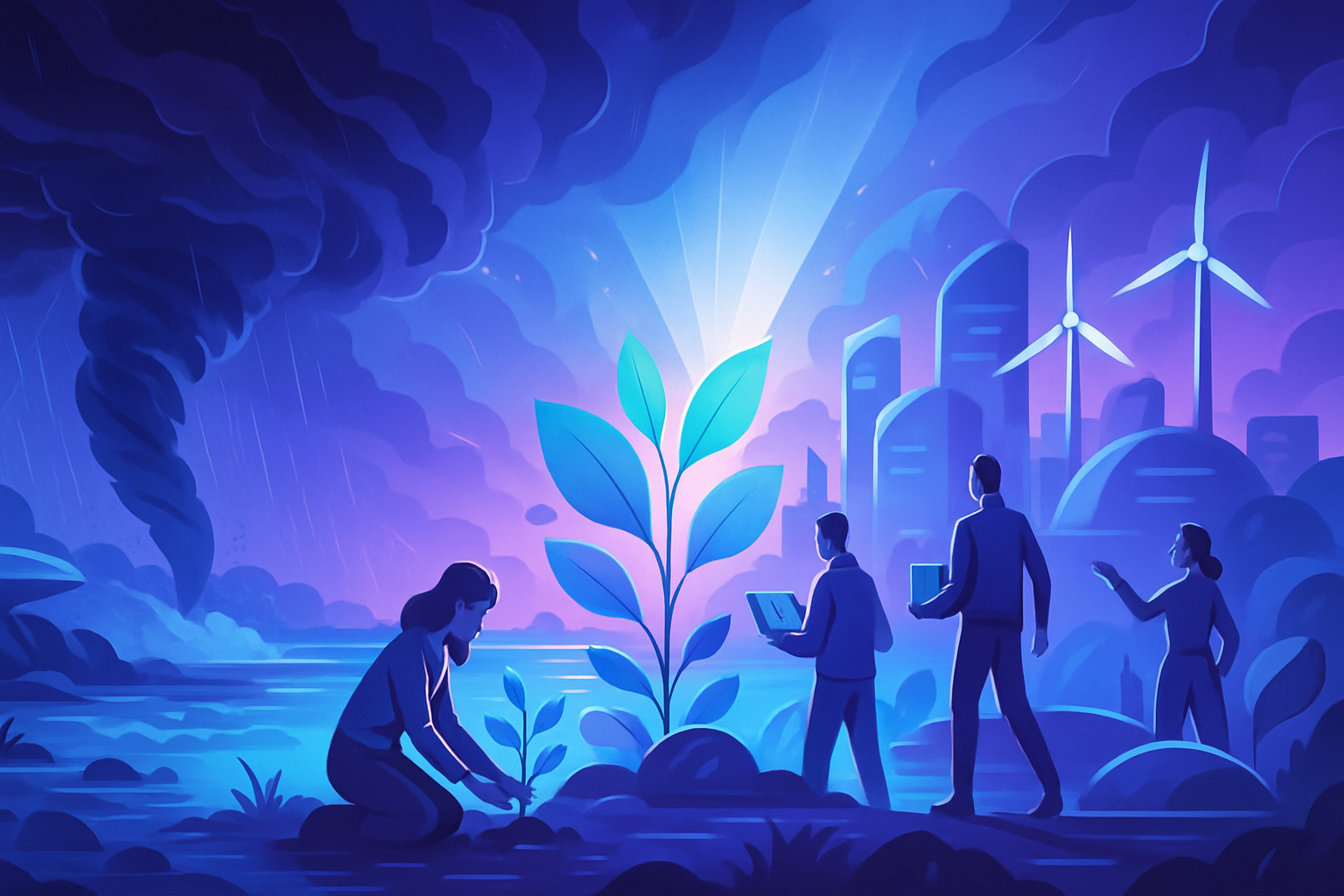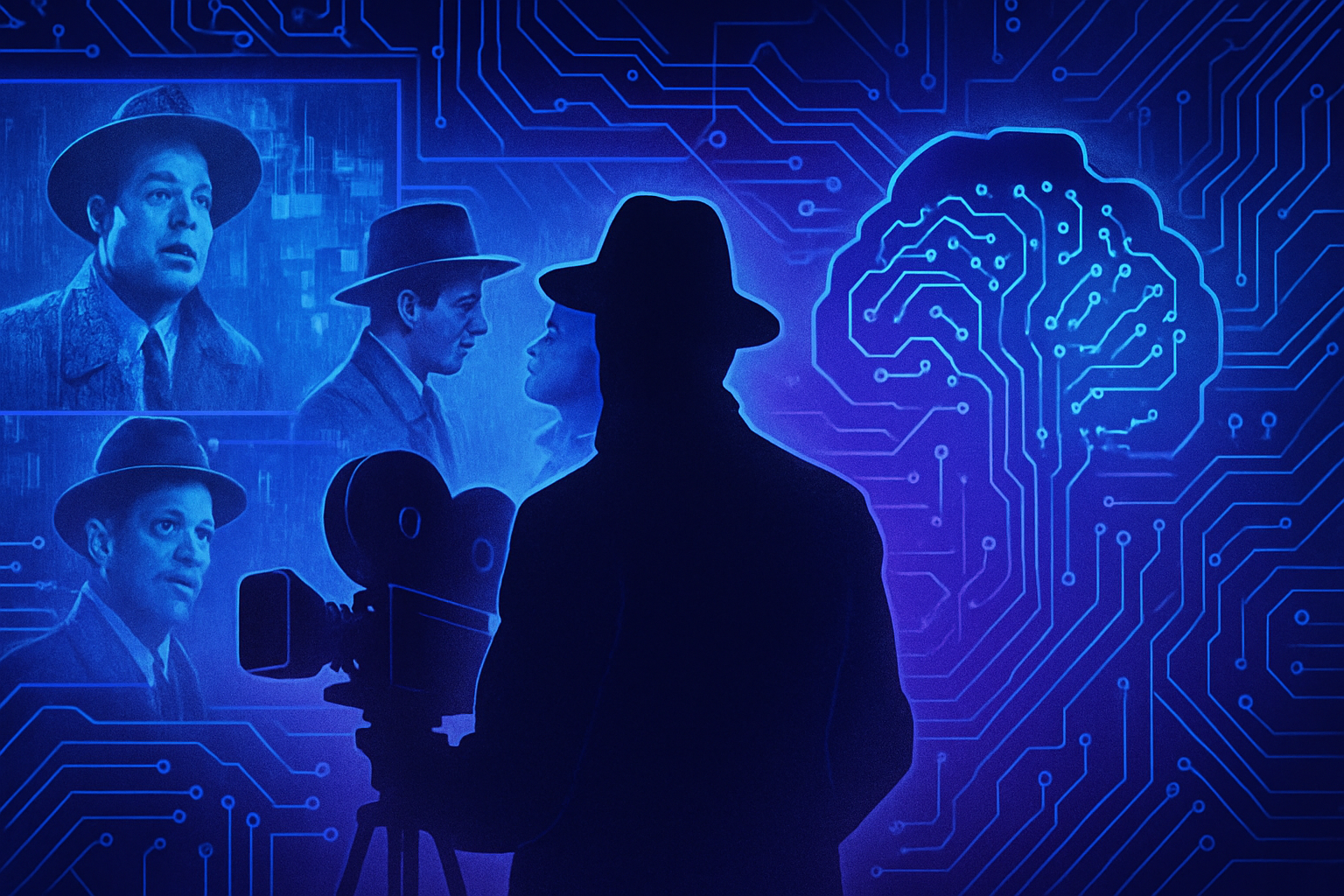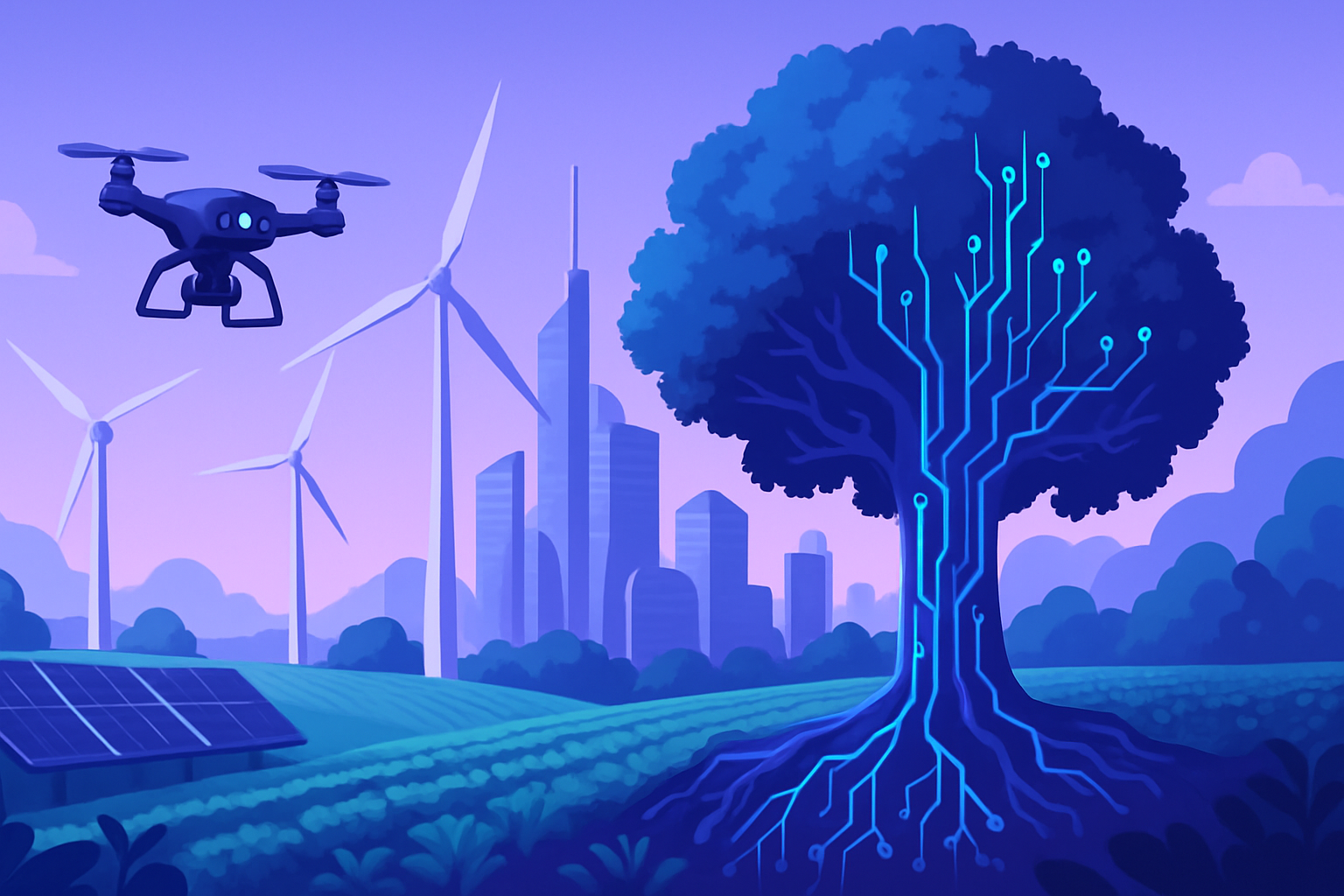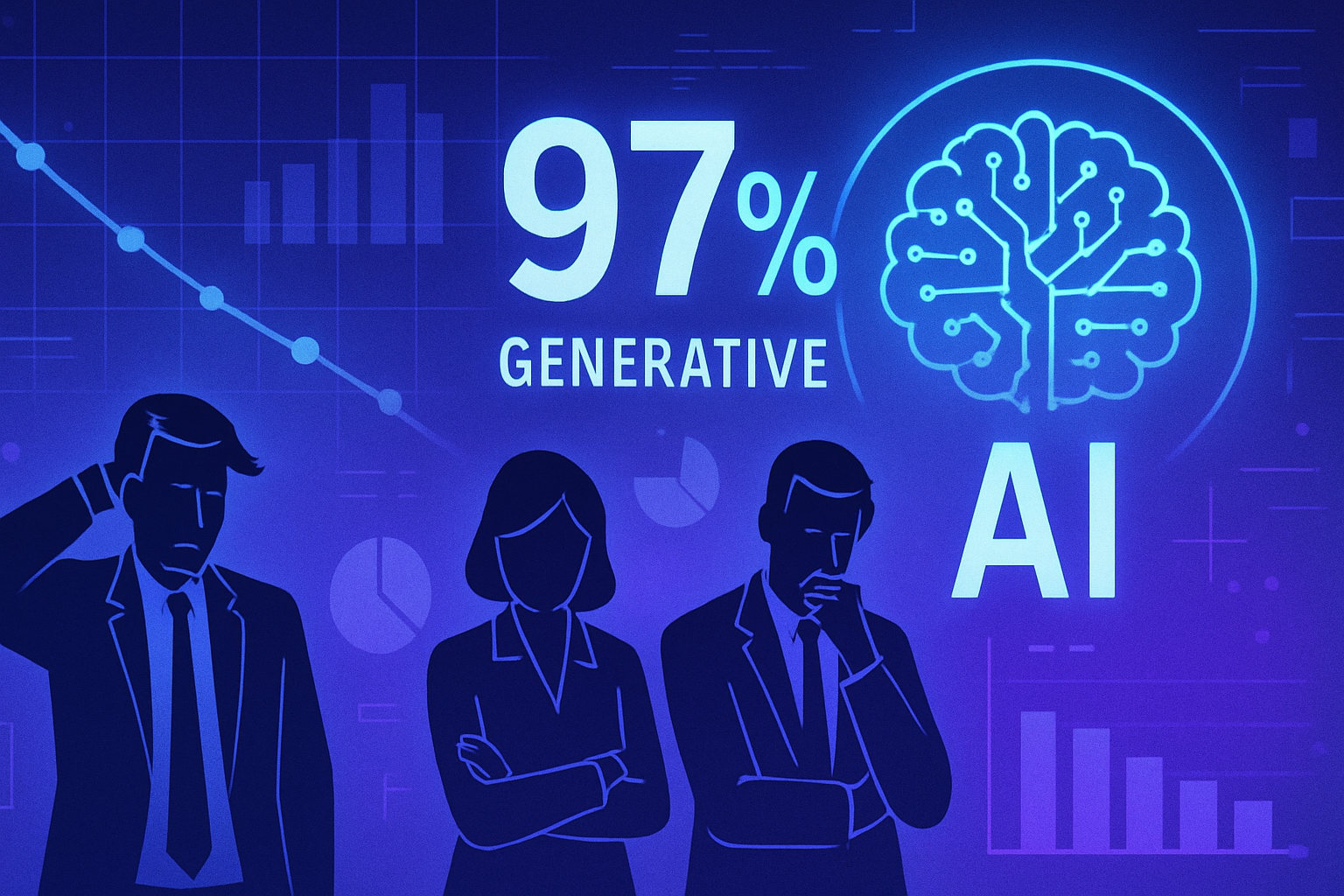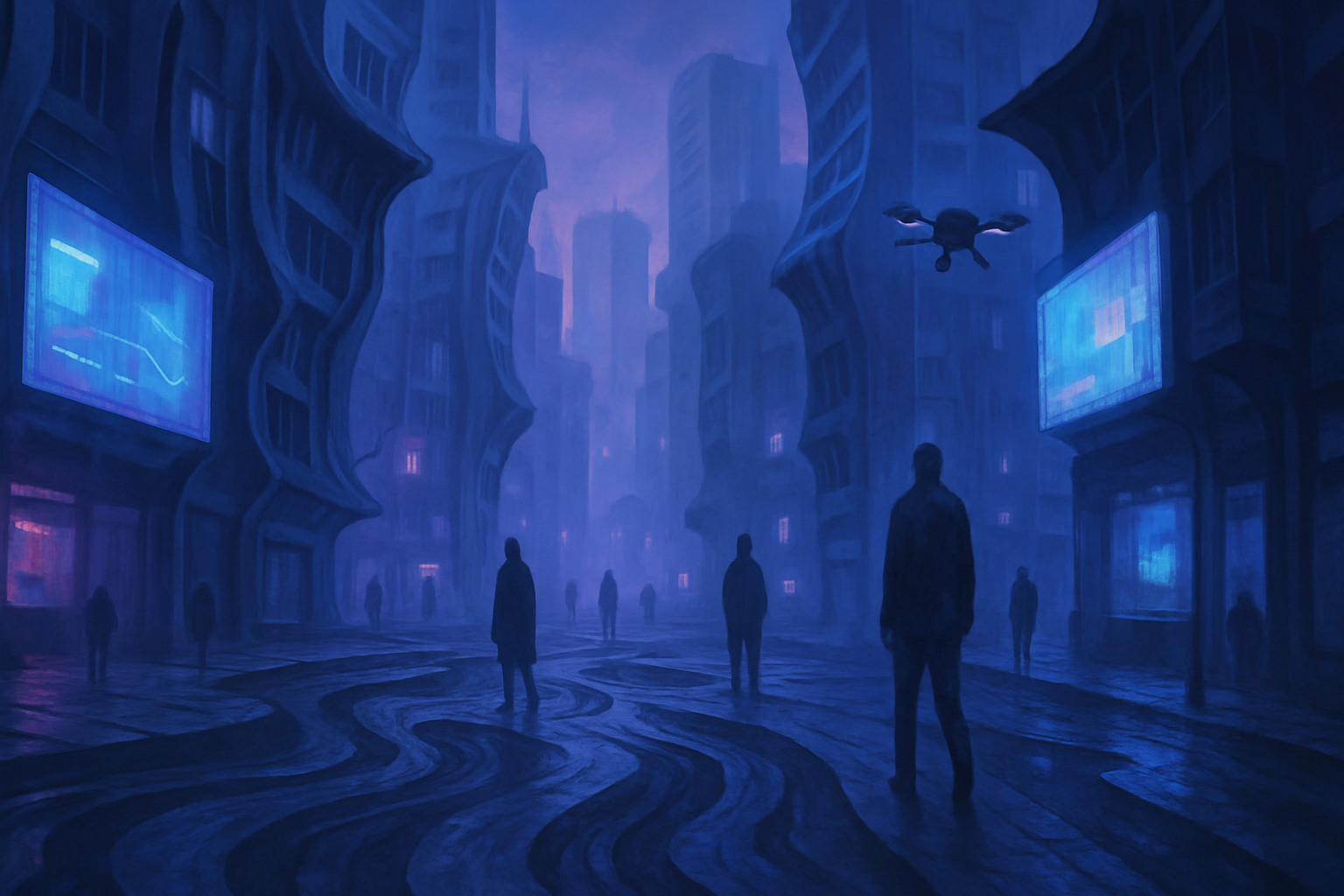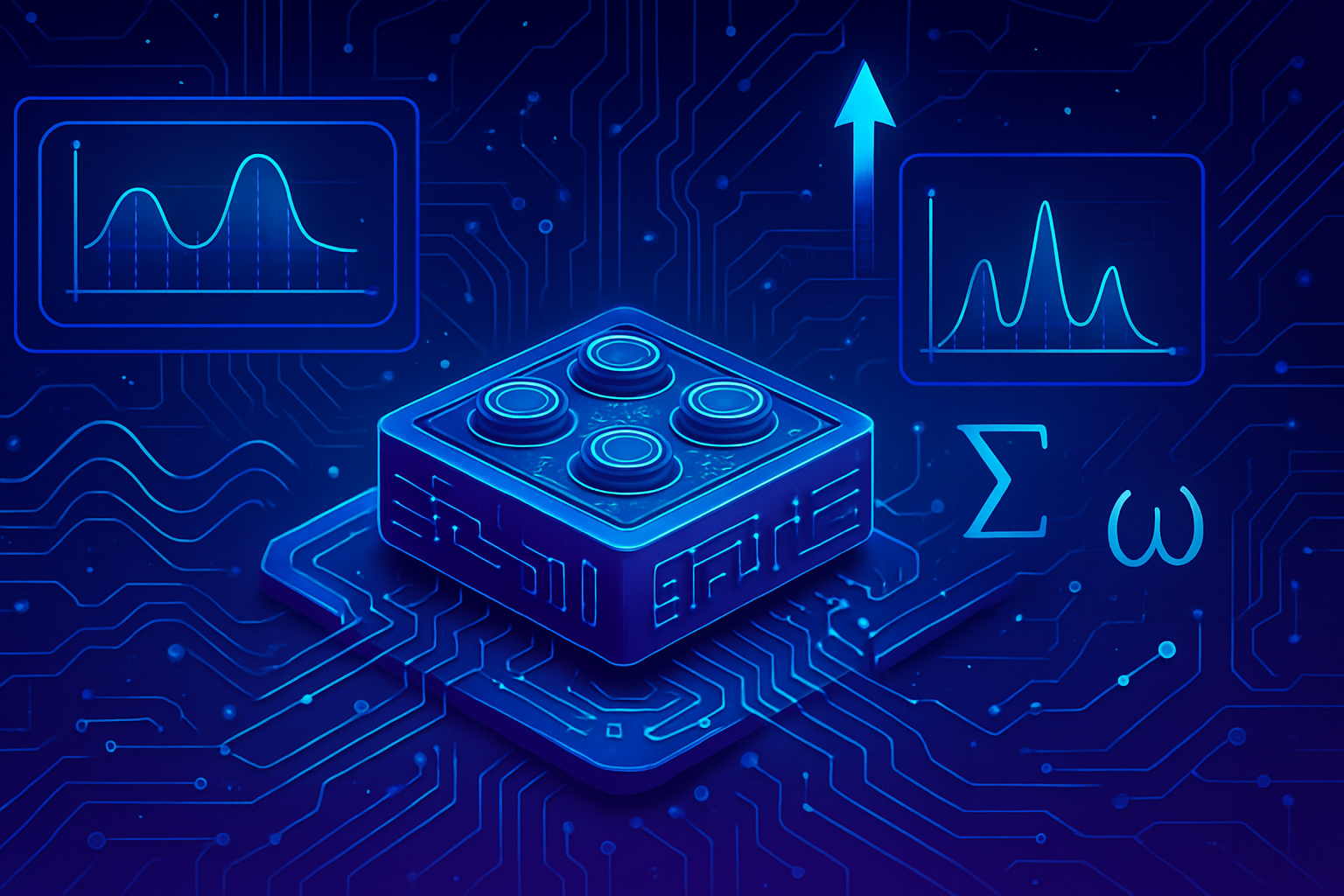Artificial intelligence is revolutionizing the art of storytelling, redefining the boundaries of human creativity. AI, through its innovative algorithms, generates complex narratives, provoking fascination and controversy. So, how does this technology shape the evolution of literary creation?
*AI as a partner enhancing our narrative abilities*. New methodologies are emerging, relying on the power of data to compose unprecedented stories. Artists are questioning their place in the face of this evolution. The *collaboration between humans and machines* redefines our understanding of creativity.
The central question arises: is AI merely a tool or a true co-creator?
Artificial intelligence in storytelling
The convergence between artificial intelligence and narrative art transforms literary creation. Advanced algorithms, such as those developed by OpenAI, generate narratives that, in their structure and depth, rival human intellect. These tools, capable of learning and analyzing narrative patterns, prompt writers to reevaluate their methods and embrace new approaches in story composition and structure.
AI tools and literary innovation
Among notable innovations, ChatGPT plays a major role in providing users with suggestions and resolving stylistic issues. This model, which draws from vast textual data, generates dialogues, descriptions, and plots. Writers can also seek recommendations on narrative coherence or characterization. In-depth investigations have revealed that these technologies can enhance inspiration without replacing human authenticity, as they are steeped in valuable literary craftsmanship.
Human-machine collaboration
The interactions between AI and authors foster fruitful collaboration. Writers can use AI not only as a content generation tool but also as a creative partner. By proposing variations and suggesting unprecedented contexts, AI enriches the imagination and allows for the exploration of innovative concepts. This alliance opens doors to new avenues of expression.
Challenges and limitations of artificial intelligence
Despite the possibilities offered by AI, limitations exist. Human creativity, rooted in personal and emotional experiences, remains irreducible. Deeply human stories require an empathy that computer programs cannot match. According to some critics, AI can fall into a repetitive pattern, producing content that lacks authenticity and nuance.
It is imperative to question the role of AI in the creative process. Writers express their concerns about the lack of soul in stories generated by machines. As noted in an article on writers’ reactions to AI, this technology can sometimes appear as a “computer joke,” thus distancing art from its essence.
Reactions in the art world
The dynamic between artificial intelligence and art sparks heated debates within the artistic community. Recent events, such as the summit for action on AI, bring together thinkers, authors, and artists to discuss the issues. Artist Alexandra Boucherifi-Kornmann has organized seminars dedicated to this theme, highlighting concerns and visions of a future shared between humans and AI.
The transformation of narrative
At the dawn of a new literary era, AI tools are creating interactive narratives, where the audience participates in the creative process. This interactivity reconfigures the very fabric of storytelling by prompting deeper engagement. The evolution of stories becomes a reflection of technological progress, introducing a fascinating hybridization.
Stories enriched by AI promise to capture emotions while experimenting with unprecedented paradigms. For its part, literary art is redefined under the influence of this technological revolution, bringing forth a new breath that questions the foundations of creativity.
Common FAQs about artificial intelligence and the art of storytelling
How can artificial intelligence improve story writing?
Artificial intelligence can analyze millions of texts to identify effective narrative structures, assist in character creation by generating personality traits, and even propose original plots, enabling writers to explore new ideas and enhance their creative process.
What artificial intelligence tools are available for writers?
There are several tools, such as ChatGPT for writing dialogues and narratives, and other AI algorithms that help generate ideas or structure stories. These tools are designed to support the creative process while facilitating the learning of writing techniques.
Can artificial intelligence create realistic characters?
Yes, with advanced algorithms, artificial intelligence can create coherent characters with motivations and personality traits, drawing on data from a vast library of existing narratives. This allows writers to obtain character suggestions that can enrich their stories.
What are the challenges associated with using artificial intelligence in writing?
The main challenges include the risk of limited creativity, as AI relies on existing models and may lack true innovation. Additionally, the ethics of using AI-generated creations raise questions about originality and intellectual property.
Does artificial intelligence replace human writers?
Artificial intelligence is not aimed at replacing writers but rather at assisting them. It serves as a tool to stimulate human creativity, enrich the writing process, and allow authors to explore new narrative dimensions.
How does AI influence the understanding of narratives?
It allows for a detailed analysis of themes, motifs, and structures of stories, contributing to a better understanding of storytelling and the emotional impact of narratives on the reader, while offering varied perspectives on literary creation.
Can AI help in rewriting or editing texts?
Yes, AI tools can suggest improvements, detect inconsistencies, and propose stylistic alternatives, thus facilitating the editing process by making the text more fluid and engaging for the reader.
What types of stories can be created with AI?
All kinds of stories can be created with AI, from literary fiction narratives, film scripts, interactive stories, to children’s books, offering limitless creativity when AI is used as a creative partner.
